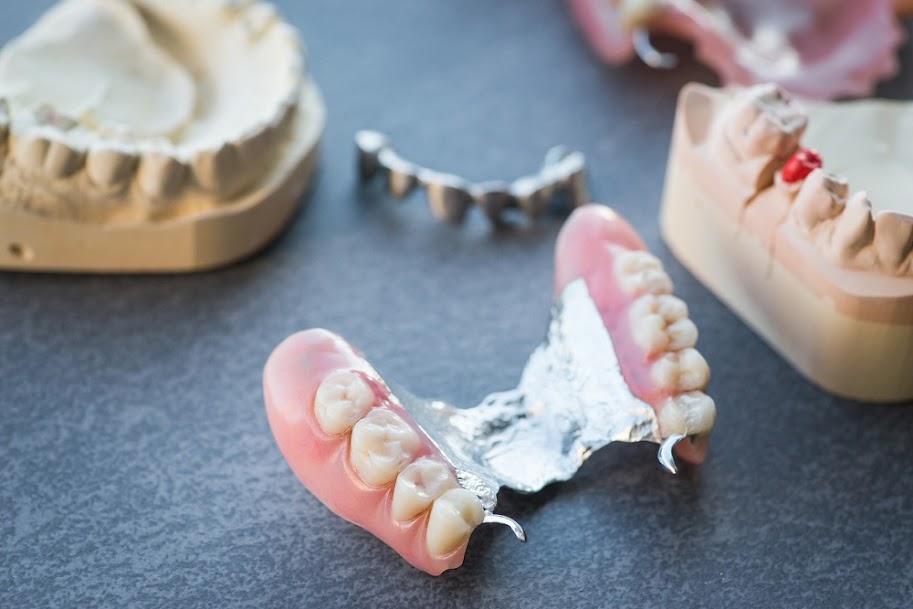Some Facts About Dentures
1. Dentures don’t last forever
Over
some time, your denture will need to be renewed, repaired, or upgraded for
wear. As you age, your mouth changes naturally. These changes cause the denture
to loosen, making it difficult to chew and irritating the gums.
2. Visit a dentist near you regularly
The
dentist will regularly check your dentures and your oral health. Mouth tissues
can reveal signs of diseases and oral cancer. One cannot relax totally, even if
your dentures fit perfectly! At the very least, you should visit the dentist
once a year for a checkup.
3. Dentures are almost invisible
Today's
dentures follow the latest trends and are aesthetically and functionally much
more acceptable than dentures in the past because today much more durable
materials and new technologies are used in their production, with an aesthetic
and functional solution.
4. Dentures allow you to eat more normally
If you
have just received a new denture and you experience an unusual feeling while
eating and chewing food, the solution is exercise, habit and self-control. One
of the tips for getting used to the feeling of dentures in the mouth is to roll
the hard candy in your mouth with your tongue.
5. Dentures allow you to talk more clearly
The
mobile prosthesis always has certain mobility, however, it should not move
significantly in the mouth. If the prosthesis moves too much in your mouth and
makes everyday activities such as speech more difficult, it needs additional
corrections and be sure to contact your dentist. One of the tips for reducing
denture instability when speaking is to read a book or newspaper aloud or talk
to others to get used to it as soon as possible.
6. If the denture does not fit, visit the dentist immediately
It is
important to note that if you encounter any of the problems while wearing
dentures, you are not delaying a visit to your dentist. The process of getting
used to the denture should take several weeks, and if an uncomfortable feeling
is present even after that period, the dentist near you will likely need to
further correct the denture to fit your oral cavity.
7. There are four kinds of dentures
Total
dentures are intended for patients who lack all teeth. The mobile partial
denture is intended for patients who are missing a part of the tooth or those
who prefer the removable option. The prosthesis on implants is intended for
patients who need additional support due to bone loss. The prosthesis on the
implants is fixed in the jaw when it is in the mouth. However, they need to be
removed for cleaning. Immediate dentures are intended for patients who want to
have their teeth extracted and made on the same day.
8. Keeping and cleaning the dentures is not difficult
Accumulation
of dental plaque on dentures can lead to loss of bone mass in the jaw, bad
breath and stomatitis. Another risk of unclean dentures is a fungal infection.
To prevent these conditions, it is important to practice proper denture care,
with gentle brushing and soaking.
9. Changing dentures
Dentures
usually need to be changed every 5 years. Just like natural teeth, dentures
change color over time. If your denture breaks or cracks, it may only need
minor repairs. However, if it breaks, you will need to replace them
immediately.
10. What is the alternative?
Implant-supported dentures are the best option. The implant is a titanium replacement that is completely biocompatible and is surgically inserted into the jaw. Implants and fixed dental bridges (prosthetic construction) imitate natural teeth but also behave like real ones.



Comments
Post a Comment